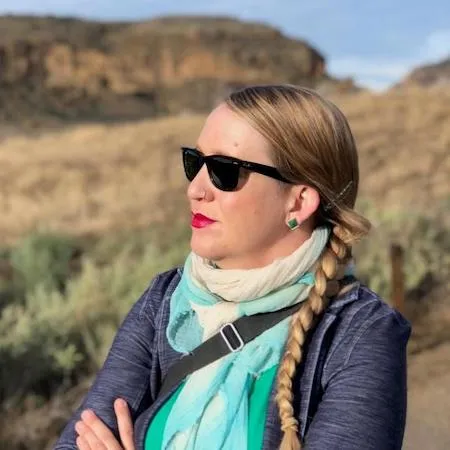Anatomically modern humans have impacted ecosystems worldwide for the past 200,000 years, yet many studies of ecosystems do not include humans. Further, reconstructions of the archaeological past may include exogenous environmental factors (such as modeling precipitation, for example), yet they rarely place studies of human groups within their ecosystem contexts. Here, Dr Stefani Crabtree highlights her work as an “archaeo-ecologist,” embedding past human societies within ecosystems. By using food web modeling, she demonstrates the unique position of both forager and farming populations as ‘super generalists’ who provide key functions within the biotic environments they inhabit. She shows that removing humans from ecosystems can have dramatic repercussions, including positive effects in some cases (e.g., forest re-encroachment) and negative effects in others (e.g., extinctions of human-dependent species). She suggests that to understand archaeological systems we need to understand the biotic environments these societies lived within. Additionally, she suggests that the ability to model societies where we can examine beginning and end points can enable scientists to see the past as “experiments” in sustainability, learning from the archaeological record to improve our understanding of how to enable more resilient interactions with our own environments today.
Presenters

Stefani Crabtree
Stefani Crabtree is a computational archaeologist using agent-based modeling and network modeling (both social networks and trophic networks) to understand how societies in the past interacted with other societies and their environments in ways that led to resiliency or vulnerability. She is also a field archaeologist pursuing research in the American Southwest, Northern Mongolia, southern France, and the Western Desert of Australia. She is a visiting researcher at the Santa Fe Institute, external faculty at Crow Canyon Research Center, and a fellow of the Centre de Recherche...

Stefani Crabtree
Stefani Crabtree is a computational archaeologist using agent-based modeling and network modeling (both social networks and trophic networks) to understand how societies in the past interacted with other societies and their environments in ways that led to resiliency or vulnerability. She is also a field archaeologist pursuing research in the American Southwest, Northern Mongolia, southern France, and the Western Desert of Australia. She is a visiting researcher at the Santa Fe Institute, external faculty at Crow Canyon Research Center, and a fellow of the Centre de Recherche Interdisciplinaire in Paris, France. She holds a PhD in Anthropology from Washington State University and a PhD from the Maison des Sciences de l’Homme et l’Environnement at the Université de Franche-Comté. When not doing science, she can be found hiking local trails, rooting for the Detroit Tigers, or playing her guitar.